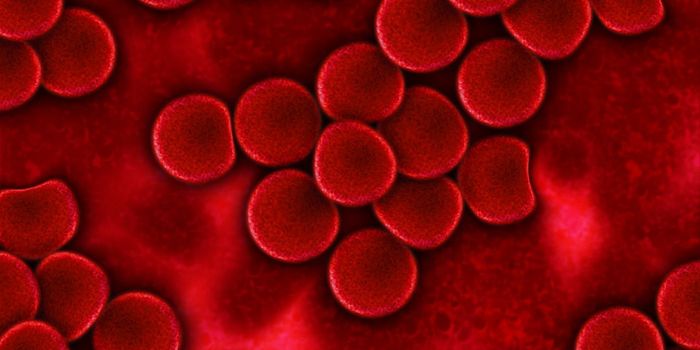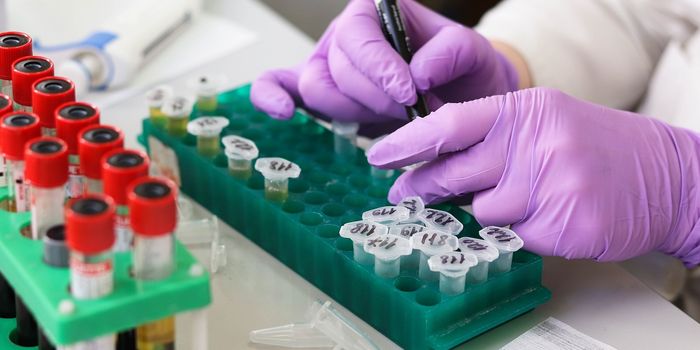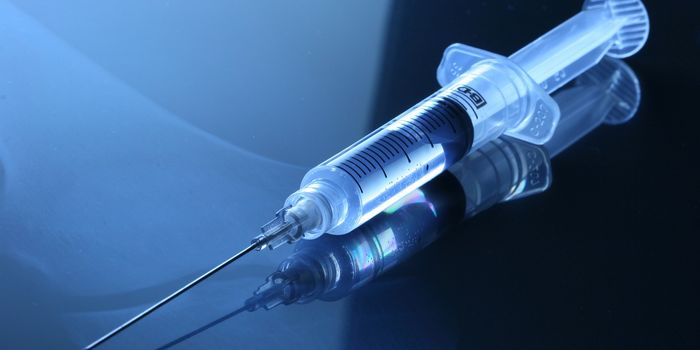In a ground-breaking “surprise” finding, UK doctors announced a pair of drugs dramatically shrunk some breast tumors in a mere 11 days after diagnosis. The results were publicly presented at the
European Breast Cancer Conference, and could have wide-reaching impacts for the treatment of breast cancers.
The study was conducted to explore how drugs alter breast cancer biology in the short time between diagnosis and surgical resection. The 257 women recruited for the study were diagnosed with human epidermal growth factor receptor 2, otherwise known as HER2-positive, breast cancer. For some women who were treated with both trastuzumab (Herceptin) and lapatinib (Tyverb), doctors found little to no trace of the breast tumors when it came time to operate at day 11. The results were so remarkable that it surprised even the study surgeons, who didn’t expect to achieve such results in such a short amount of time.
"This has ground-breaking potential because it allows us to identify a group of patients who, within 11 days, have had their tumors disappear with anti-HER2 therapy alone and who potentially may not require subsequent chemotherapy," said Nigel Bundred, chief investigator and surgical oncology professor at the University of Manchester. "This offers the opportunity to tailor treatment for each individual woman."
The study included 127 women who were either given trastuzumab only, both trastuzumab and lapatinib, or no drugs at all. For women who took the drug duo, researchers found 87 percent had significant decrease in the number of cancer cells. Remarkably, 11 percent of these women had no active cancer cells at all. Another 17 percent showed marked reduction in tumor size from 1 to 3 centimeters to less than 5 millimeters in diameter.
The drugs are not new and they both target the HER2 protein. Herceptin is known to work on the surface of cancer cells while lapatinib penetrates inside the cell to disable HER2. As part of current treatment for HER2 positive breast cancer, surgery is the first step, followed by chemotherapy with Herceptin.
These results suggest that some patients may not need chemotherapy if the drugs are administered quickly enough after diagnosis. It may also recalibrate how quickly doctors can assess response in patients after treatment, as this study revealed it can be done in as short as 11 days.
However, the doctors are cautiously optimistic, noting that these astonishing results need to be confirmed in more trials. Given that HER2 positive breast cancers have a high penchant for recurring, the additional trials are absolutely vital to establish whether or not chemotherapy can be skipped. "We would have to be very clear we're not taking a backwards step and increasing the risk of relapse," said Judith Bliss, co-investigator of the study.
Additional source:
European Cancer Organization









